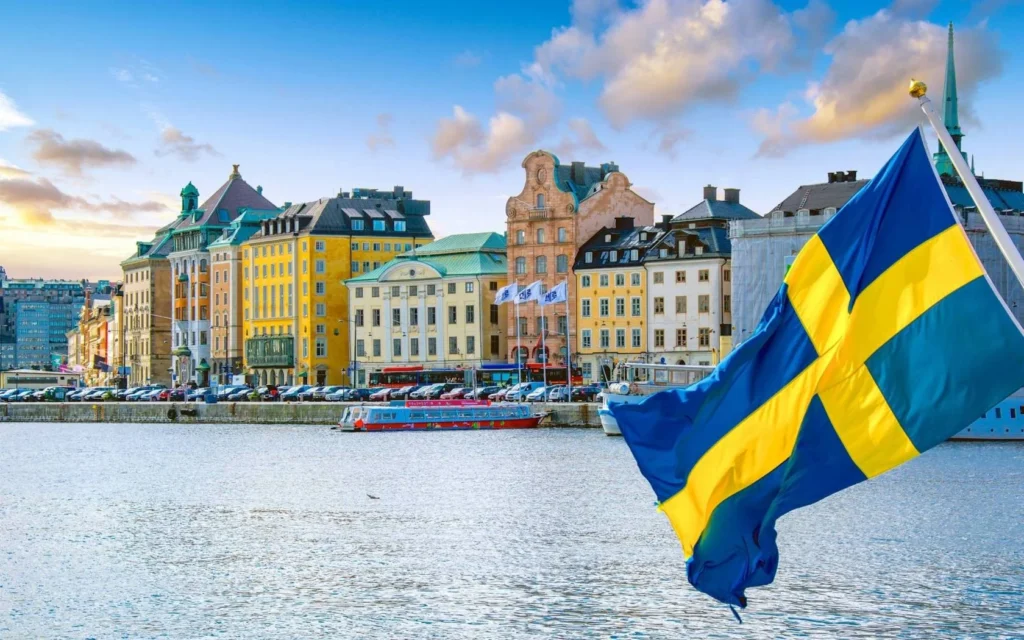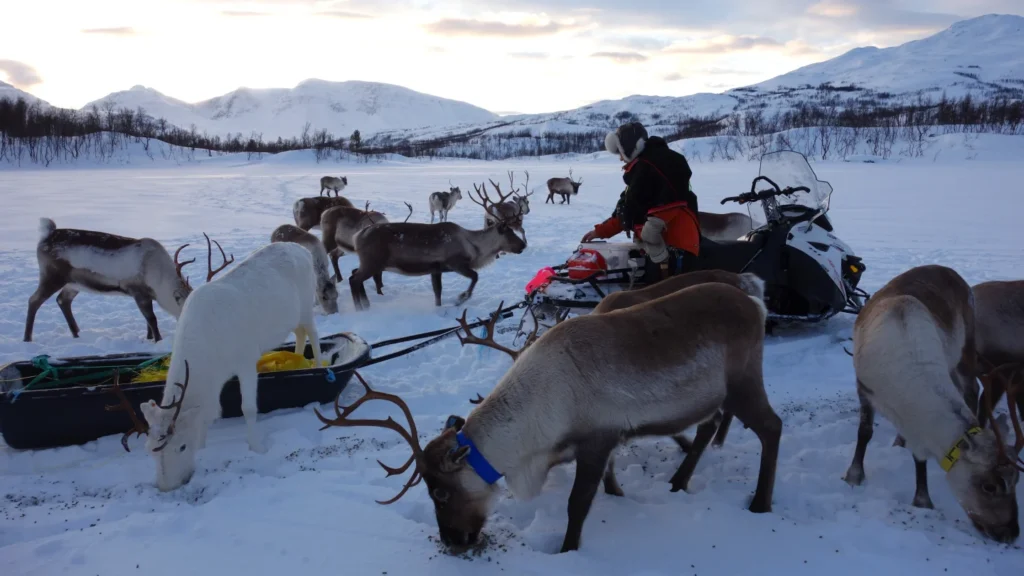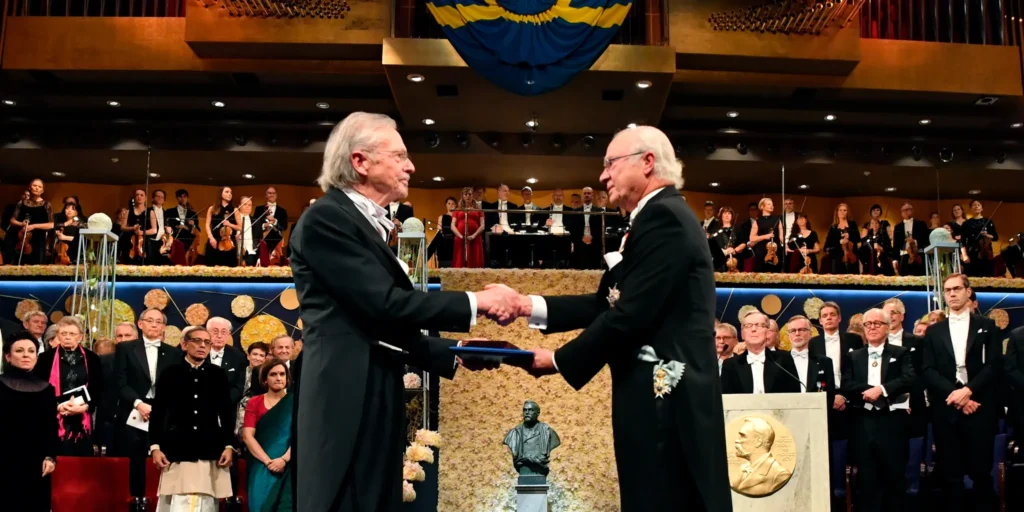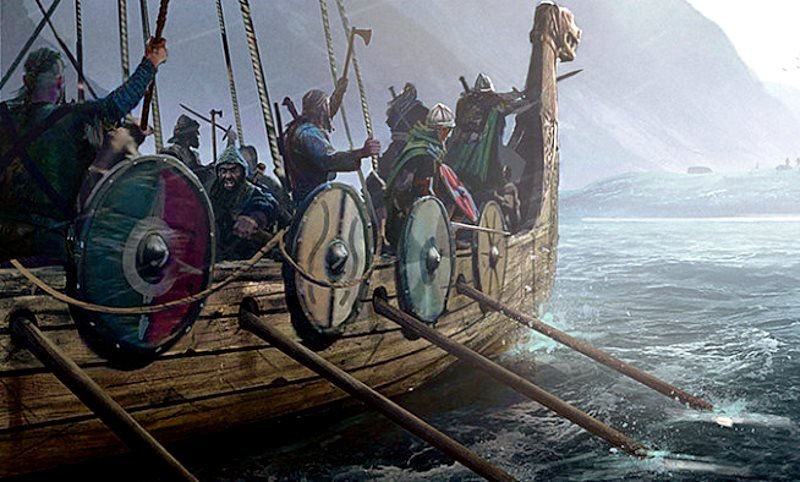
Sweden is the richest Scandinavian country and one of the most industrialized countries in the world. For years, Sweden has been associated with world-famous brands such as H&M, IKEA, Oriflame and Volvo. This is where the popular streaming service for playing music and podcasts – Spotify – was created.

Sweden is a country located in Northern Europe, on the Scandinavian Peninsula. Its eastern part is washed by the waters of the Baltic Sea. Country includes the islands of Gotland and Öland as well as small coastal islands. About 15% of the country’s area lies above the Arctic Circle. Sweden, official name The Kingdom of Sweden, is a Scandinavian country in Northern Europe. It borders with Norway, Finland and Denmark.
Interesting facts:
- In this country you can still pay with your native currency, Swedish Krona.
- Sweden has a monopoly on alcohol sales with 3.5%. It can only be purchased in a government chain of stores called Systembolaget. The idea behind the creation of this store was the problem of alcoholism among unemployed people. Additionally, in this country, people under 20 years of age cannot buy alcohol. All alcoholic beverages are sold during the week from 9:00 a.m. to 6:00 p.m. and on Saturday from 10:00 a.m. to 3:00 p.m. On Sundays, because the Systembolaget store is closed, alcohol can be purchased at much higher prices in pubs and restaurants.
- Fika – a Swedish coffee drinking custom that is a social institution. It means taking a break from work to drink coffee. Fika is spent in the company of closest friends, and now also with company colleagues, to establish non-employee contacts. During fika, mainly sweets are consumed (cinnamon rolls are the most popular), and sandwiches are rarely consumed.
Innovations:
Sweden is the home of many breakthrough innovations. From globally known brands such as IKEA and Volvo, to technological giants such as Spotify and Ericsson. Sweden constantly introduces innovative solutions and products to the market. The country boasts one of the highest rates of investment in research and development (R&D) in relation to GDP in the world, which makes it a breeding ground for startups and innovative ventures. The Swedish education system and culture supporting creativity and entrepreneurship are key factors behind this success.

Winter scenery:
In the mountainous areas of Sweden, where winter paints the landscape snow-white, an extraordinary winter landscape opens up. Reindeer and moose play a key role in the country’s winter life. Known for its nature, Sweden offers unique experiences for nature lovers and adventure seekers who want to discover the magical world of Arctic landscapes. What distinguishes a winter safari in Sweden from other nature trips is not only the encounter with reindeer and moose, but also a deeper interaction with these animals in their natural habitat. Reindeer, considered mysterious inhabitants of the northern areas, and majestic moose, the kings of the forests, become guides through the Arctic landscape, creating unforgettable moments close to wildlife. Vast snow-covered clearings, mysterious forests and sparkling lakes turn into a fairy-tale scenery with reindeer carving sleighs inviting you to their land.



Culture:
Swedish culture and art have a rich and varied history. Literary and cinematographic works of international renown were born in this country. Sweden is home to many famous directors, writers and artists, including Nobel Prize winners in literature. Swedish music, from ABBA to contemporary pop and metal stars, has many fans around the world. The country is also known for its influence on design and architecture, with an emphasis on minimalism, functionality and sustainability.

Vikings:
The beginning of the Viking Age dates back to around the year 800, although the exact time limit is difficult to determine. This period, which lasted until about 1050, was of great importance for the history of Scandinavia and beyond. The Viking times brought many important changes that shaped the future not only of the region, but also of the whole of Europe. Initially, the Vikings, or rather the Normans, lived in the areas covering today’s Scandinavian countries: Denmark, Norway and Sweden. However, their long expeditions and colonization extended to many other areas, including Finland, Russia, England, Iceland, Greenland, the Faroe Islands, the Balkan countries and even – according to some sources – parts of America.

